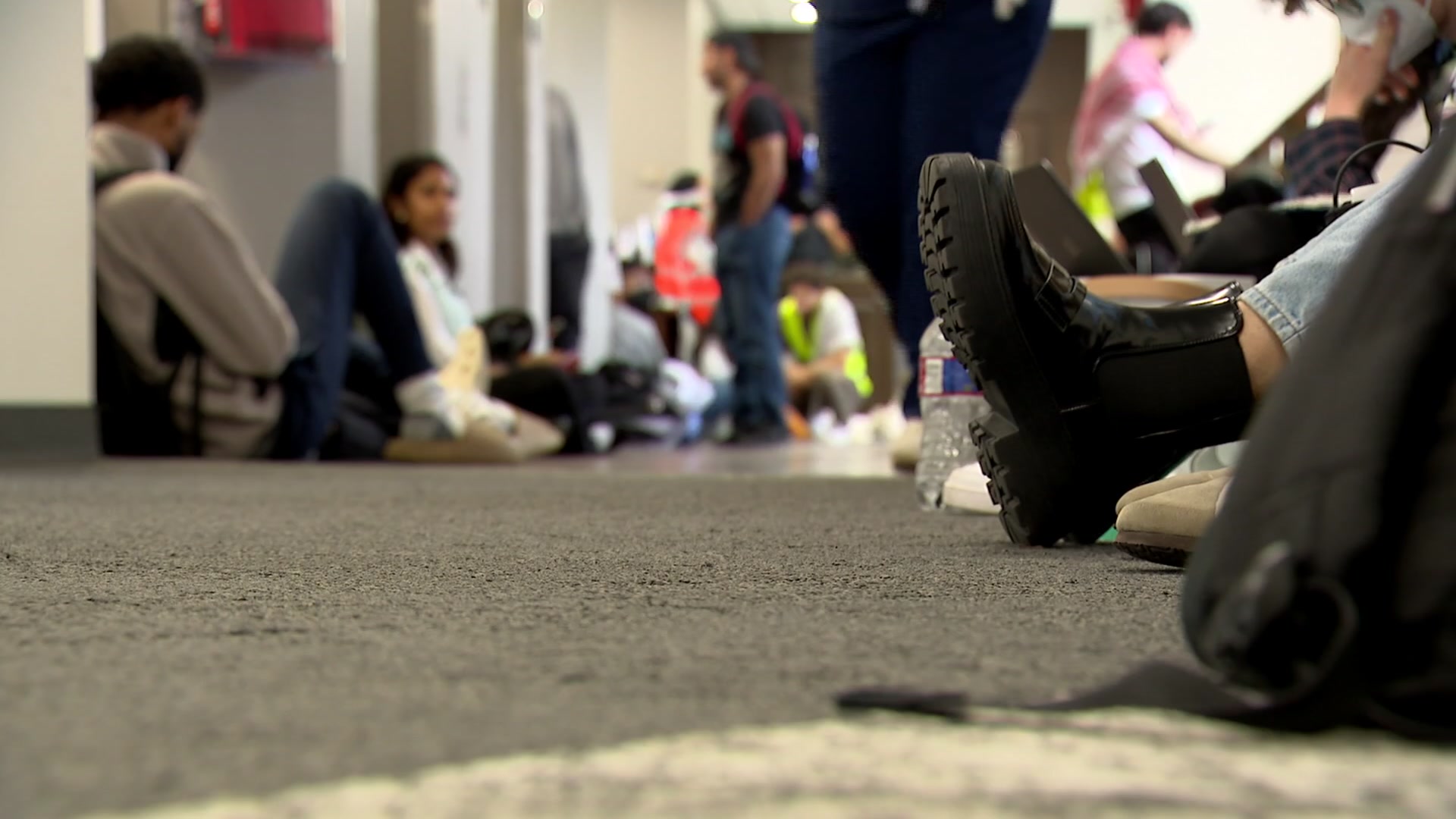Lawmakers and doctors in North Texas are seeking out data to help fight the opioid crisis.
According to the Centers for Disease Control, opioid overdoses killed more than 33,000 people in 2015.
Within the following year, drug officers unveiled a new problem: The U.S. Drug Enforcement Administration reported that deaths have increased in the Northeast, the Midwest, and Texas.
According to emergency room doctors at Parkland Hospital, fewer prescriptions are being written, but the number of overdose deaths remains high. Fighting opioid addiction has proven to be a multi-layered operation.
When patients struggling with opioid addiction cannot get their hands on prescription pills they often turn to street drugs, like heroin.
Recently, DEA labs across the country have detected an increase of heroin laced with the opioid drug fentanyl. Fentanyl is 60 times stronger than heroin and 100 times stronger than morphine. Fentanyl-related deaths are up 73 percent nationwide.
"Texas is following trends of the rest of the country and its a huge problem," said Texas Sen. Royce West.
Local
The latest news from around North Texas.
There have been two bills authored by West that have increased patient access to naloxone, the "anti-overdose opioid drug."
Lawmakers agree that tracking opioid addiction, specifically illicit drug use such as heroin and fentanyl, is hard to do.
"I think we could do a better a job, said West. "We need to work with the medical board and the pharmaceutical board in conjunction. People recognize that we need to do more in this particular area and I look forward to working with my colleagues to get bipartisan support to do what ever we need to address this issue."
Currently, Texas has a prescription monitoring program that tracks opioid usage, but if the drugs used are illicit, those cases are not required to be reported.
Doctors also track the effects of opioid addiction, such as severe infection because of needles and IV drug use, HIV transmission, homelessness, poverty rate, kids transitioning into the foster care system, the debt rate, and unemployment.
According to doctors, that data will be used to help the medical community understand the impact of opioid drug use and the impact left on society.




